
The guide to early learning for babies
The essential guide to early learning for babies: nurturing young minds for a bright future
in motor skills
diet
sleep
health
Experienced babysitter
OCCASIONAL BABYSITTING :
HOW TO FIND HER?
The best solution for leaving with peace of mind is to call on the services of an occasional babysitter. This tip is useful in case of unforeseen events, whether you want to go out with your partner or enjoy an evening with friends. Nanny solutions offer tailor-made home services. The services can be adapted and modulated according to the parents’ needs. It’s not always easy to find a babysitter to entrust your little ones to. Fortunately, technology has come to the rescue with applications specially designed to simplify the care of your children. It’s a community where parents and babysitters can get in touch. You can trust the babysitters in question, they are subject to a sponsorship system. They must be recommended and parents leave comments.
Which childcare option should I choose?
THE DIFFERENT TYPES OF CHILDCARE FOR YOUR CHILD
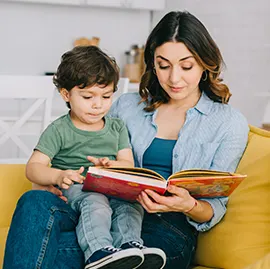
CHILD CARE
The mission of a home-based childminder is to look after a child in his or her parents’ home. They accompany the child through the various stages of his/her daily life, providing tips for healthy parenting.
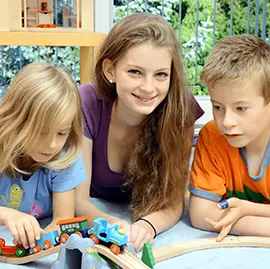
COLLECTIVE CRÈCHES
The collective crèche is a structure adapted to children from 2 months to 4 years old. These establishments are administered by town halls and departments.
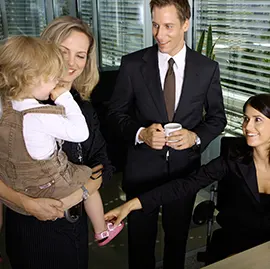
COMPANY CRÈCHES
A company crèche is a private structure that takes care of the children of employees during their working hours.
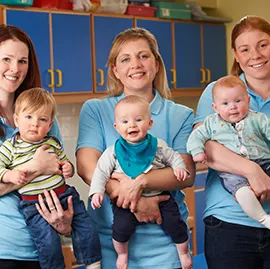
CHILDCARE ASSISTANTS
When looking for a childminder, it is best to choose specialists approved by the departmental council.
THE IMPORTANCE OF CARE, VACCINATIONS & CONSULTATIONS
Vaccination protects you from serious diseases and reduces the risk to your family and community.
Assessment and treatment
PROBLEMATIC BEHAVIOURS

MY CHILD IS SHY
A shy child does not feel comfortable in public. A child is shy when he/she does not intuitively play with others of his/her age.

MY CHILD IS LONELY
A child should value friendship. A lonely child must be helped to make friends.

MY CHILD IS AFRAID OF THE DARK
The fear of the dark appears in children between the ages of 2 and 5. Children with this phobia panic at night.
Baby games
TO CREATE A SPACE FOR
FOR BABY’S MOTOR SKILLS
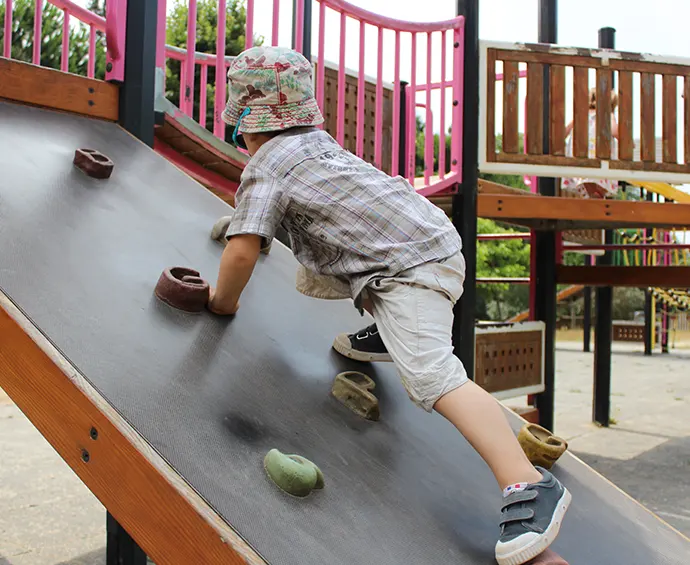
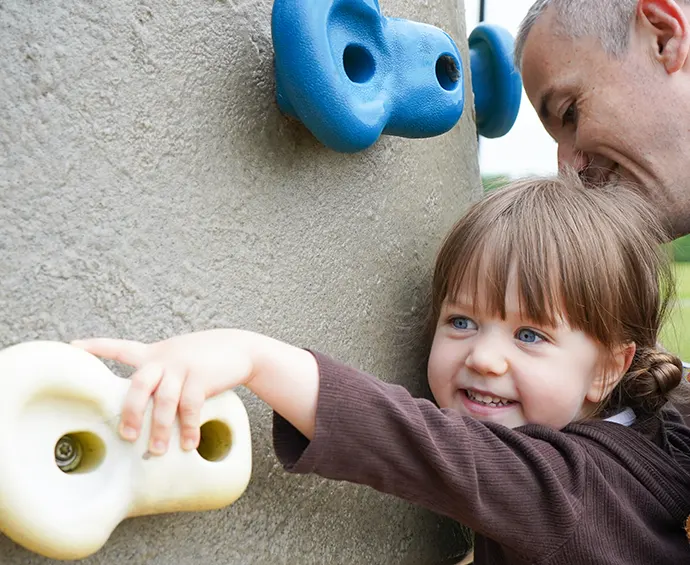
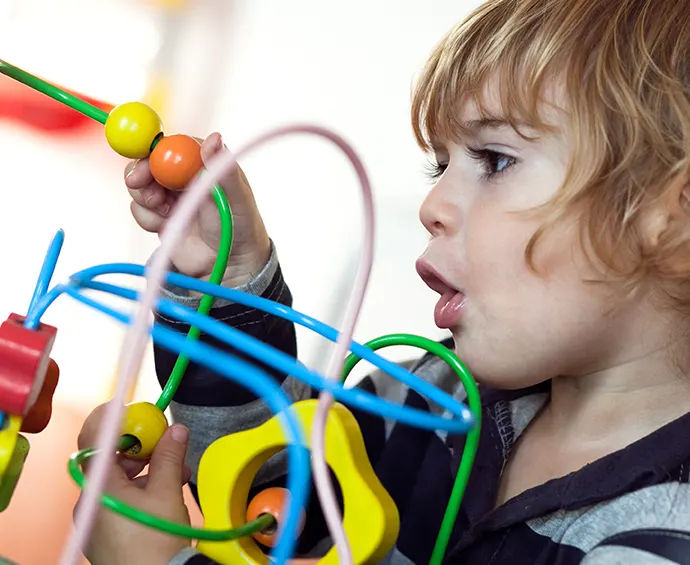
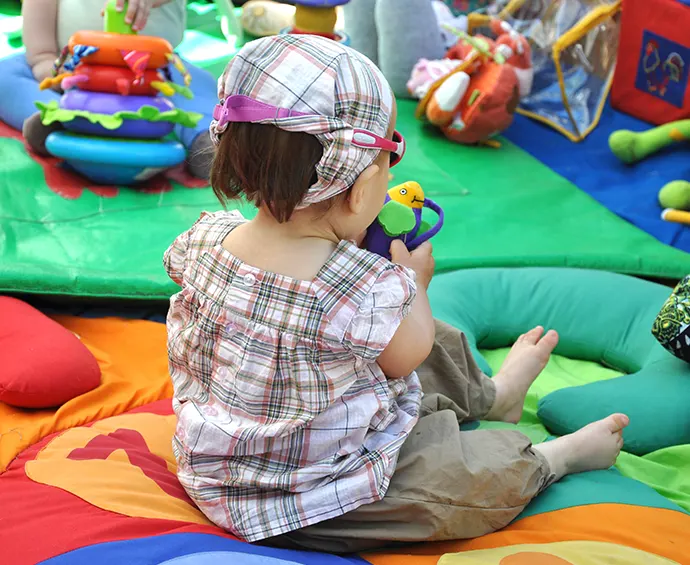
The solutions
SCHOOL BULLYING: HOW TO REACT?

Given the alarming figures for bullying in schools, this phenomenon is considered a real scourge. In response to the upsurge, the Ministry of Education has conducted prevention campaigns to curb the problem.

Bullying takes place in an underhand way. It is important to be aware of this, as some children decide not to show it out of shame. However, it is important to curb this action of intentionally hurting students.

There are several categories of harassment: moral, physical, sexual or material. Suicide is one of the most serious consequences of daily violence. Parents have an important role to play in detecting signs of bullying early on.
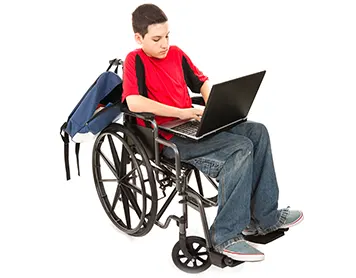
SCHOOLING OF AUTISTIC CHILDREN
OBJECTIVES AND MODALITIES
Since 2003, the schooling of an autistic child has undergone an important evolution. Indeed, the integration of a disabled child in an ordinary school is a right. These conditions are explained in the law of February 2005 on the equalization of the rights of disabled people.